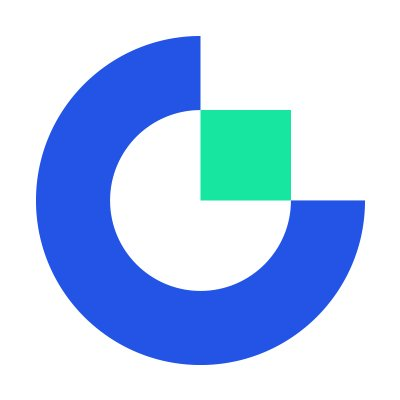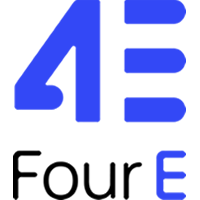
STX
项目开始时间

2019年10月25日
关于
1. Background IntroductionStacks.co is the official website for Stacks, a blockchain project that aims to bring smart contracts and decentralized applications (dApps) to Bitcoin. Founded by Muneeb Ali and Ryan Shea in 2017, Stacks leverages Bitcoin's security and capital to enable a new generation of applications. The project was initially known as Blockstack before rebranding to Stacks in 2020.2. Core Website ContentThe website serves as a comprehensive resource for Stacks, featuring sections like "Learn" (educational content), "Build" (developer resources), "Earn" (mining and rewards), and "Community." Key highlights include the Stacks 2.0 whitepaper, developer documentation, wallet downloads, and ecosystem updates. The site emphasizes Bitcoin-connected smart contracts and the Clarity programming language.3. Technical FeaturesStacks introduces several innovative technologies: Proof of Transfer (PoX) consensus mechanism that connects to Bitcoin's blockchain, Clarity (a decidable smart contract language), and microblocks for faster transactions. Its architecture enables smart contracts that settle on Bitcoin while maintaining Bitcoin's security. The Stacks blockchain operates as a layer on top of Bitcoin.4. Token EconomicsThe native token STX has a max supply of 1.818 billion with current circulating supply around 1.4 billion. STX is used for transaction fees, smart contract execution, and participating in PoX consensus. Holders can "stack" STX to earn Bitcoin rewards. The initial distribution included public sales, grants, and mining rewards. Inflation decreases over time through halving events.5. Competitive ComparisonCompared to Ethereum, Stacks offers Bitcoin security but with less developer activity. Versus RSK (Rootstock), Stacks has more focus on smart contracts and dApps rather than just DeFi. Unlike Lightning Network, Stacks enables general computation. Key advantages are Bitcoin finality and Clarity's security features, though it faces challenges in adoption compared to more established platforms.6. Risks and ChallengesMajor challenges include competition from Ethereum L2s and other Bitcoin L2 solutions, regulatory uncertainty around STX classification, and the technical complexity of bridging Bitcoin and smart contracts. The ecosystem is still relatively small with limited dApps. There's also execution risk in maintaining security while scaling the network.7. Industry FutureAs Bitcoin L2 solutions gain traction, Stacks could benefit from increased interest in Bitcoin utility beyond store of value. The project positions itself well for institutional adoption of Bitcoin DeFi. Future upgrades may include improved scalability and additional Bitcoin integration features. Success depends on developer adoption and the growth of the Stacks dApp ecosystem.8. SummaryStacks.co presents an ambitious technical vision for bringing programmability to Bitcoin through its unique architecture. While the project has made significant technical achievements, widespread adoption remains uncertain. The combination of Bitcoin security with smart contract functionality could prove valuable if the ecosystem matures, but faces substantial competition and technical hurdles in the evolving blockchain landscape. 更多>



























































 看多
看多
 看空
看空